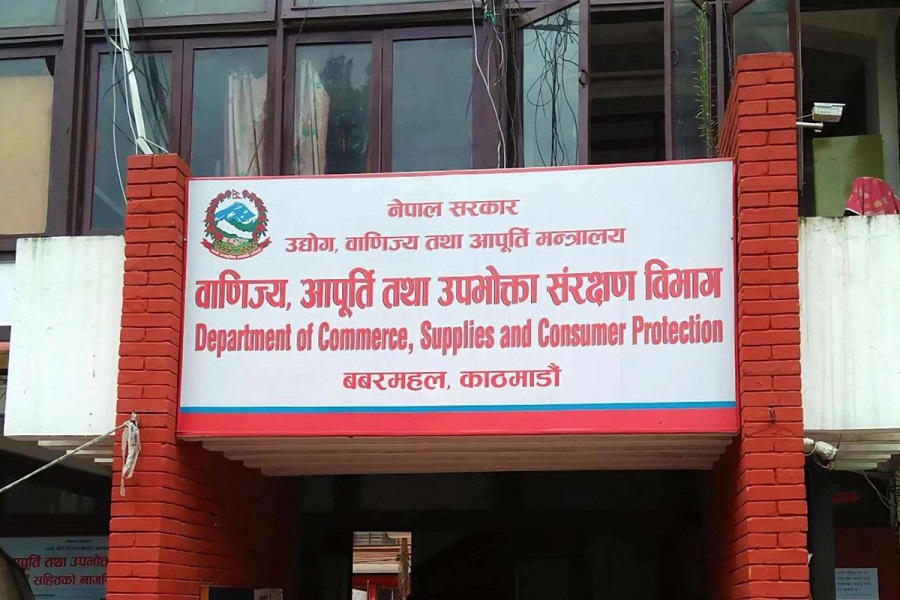
Most Educational Consultancies Found Operating Without Registration
The Department of Commerce, Supplies, and Consumer Protection has found that the majority of educational consultancies in Nepal are operating without official registration. Out of 100 consultancies inspected, 70% were found unregistered. Even among those registered with the Ministry of Education, only about half have renewed their licenses.
Fines ranging from NPR 50,000 to 100,000 have been imposed on unregistered consultancies, according to the Department’s spokesperson, Bharat Prasad Acharya. While the Department, Ministry of Education, and the Educational Consultancy Association of Nepal (ECAN) claim that more than 4,000 consultancies are operating nationwide, the Ministry’s official records show only 1,456 are registered. Of those, just 720 have completed the renewal process. Although 926 applied for renewal last fiscal year, only 720 were successfully renewed, as reported by the Higher Education Section of the Ministry. The highest number of consultancies are concentrated in the Kathmandu Valley.
Illegal Operation Widely Reported
The Department has dispatched inspection teams across Kathmandu, Lalitpur, and Bhaktapur for the past two weeks. More than half of the consultancies are reported to be operating illegally. Even in sample inspections, a large number of unregistered consultancies were found.
Until 2072 BS, the Ministry of Education handled the registration of consultancies. Since 2074 BS, the Provincial Education Development Directorates have also started registering them. However, no government body has a consolidated database on these registrations. Legal complications arose after provincial registrations began in 2075 BS, prompting the Ministry to halt renewals temporarily.
Last year, the Ministry of Education, Science, and Technology issued a circular allowing the renewal of consultancies that provide educational consultation, test preparation classes, and language training. According to the Educational Consultancy Service and Language Teaching Guidelines 2073 BS, institutions registered under these provisions had continued operating without renewal since Shrawan 2075 BS.
Expired Licenses Automatically Canceled
Consultancies that failed to renew within the deadline or couldn’t meet renewal requirements have had their licenses automatically canceled, according to the Ministry. For renewal, consultancies were required to submit the following documents:
-
Company registration certificate
-
Memorandum and articles of association
-
Academic qualification copies of at least two counselors
-
At least two agreements with universities or colleges where they provide consultancy services
-
Records of students referred to foreign institutions over the last three years
Regulatory Confusion and Legal Gaps Persist
The Ministry acknowledged that confusion regarding consultancies has existed for years. Priority is being given to structuring the Consultancy Operation Guidelines. The goal is to bring uniformity in regulation across all levels—federal and provincial.
Ongoing discussions focus on whether to give non-compliant consultancies one last opportunity to renew or to publish a list of legally renewed consultancies and shut down the rest.
Over 100,000 students and parents seek consultancy services annually. Therefore, all aspects—including establishment, operations, and financial matters—will be organized. Although there is limited coordination, the Ministry is actively working to strengthen monitoring and regulation.
ECAN Urges Closure of Unauthorized Consultancies
The umbrella organization for consultancies, ECAN, has also taken a stance against unauthorized operations. ECAN President Sheshraj Bhattarai submitted a memorandum to the Department and urged coordination with the Ministry of Education for more effective monitoring and regulation.


